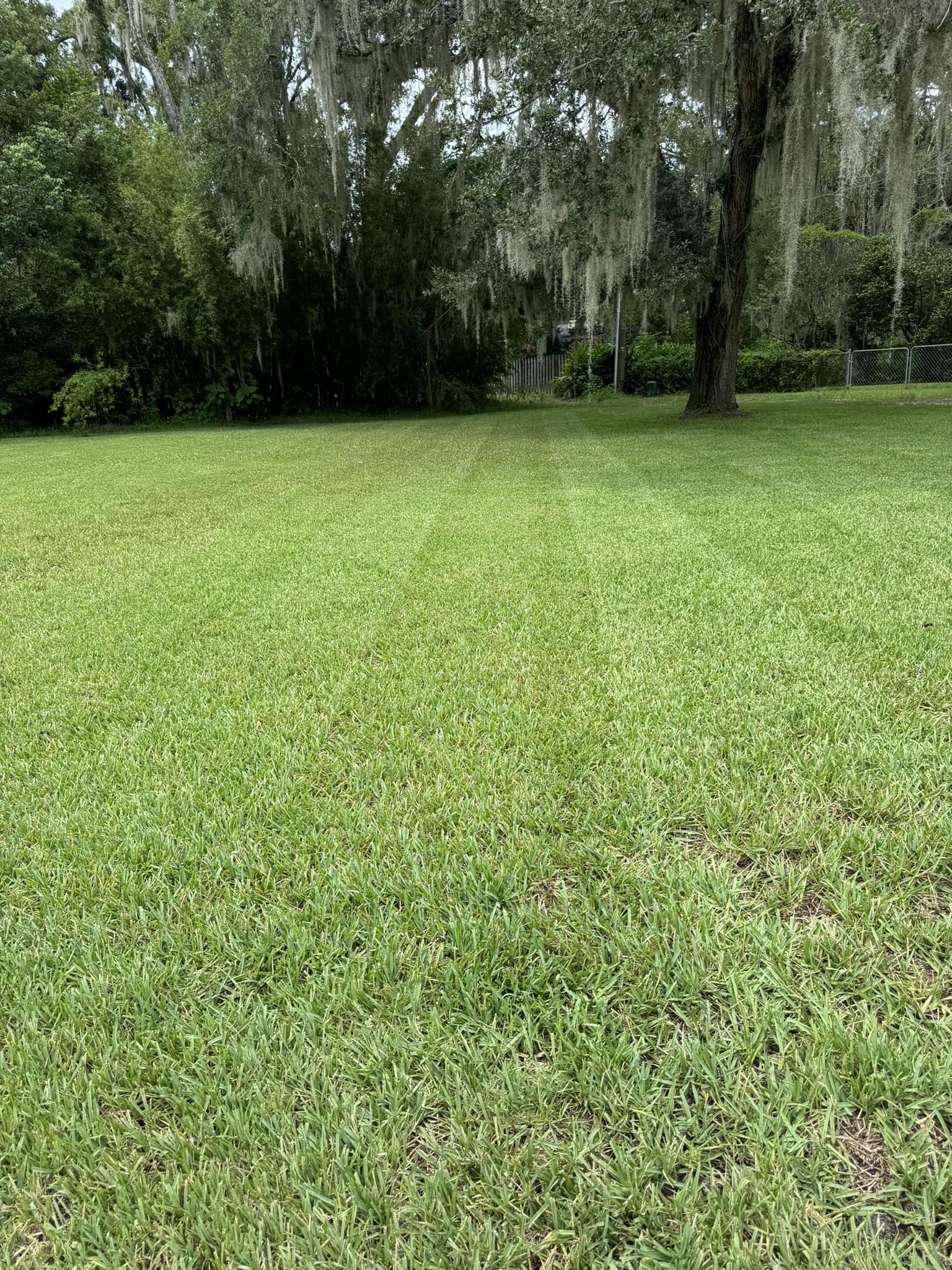
Sustainable Landscaping: Eco-Friendly Practices for Every Lawn Sep 02, 2025
Taking the first step toward sustainable landscaping involves understanding the impact traditional practices can have on the environment. Conventional lawn care often relies on excessive water usage, chemical fertilizers, and pesticides, which can harm local ecosystems. Reducing these inputs is crucial for maintaining a healthy lawn without compromising environmental integrity.
One of the simplest ways to begin your journey towards a more eco-friendly lawn is by embracing native plants. Native plants are adapted to local climate conditions and typically require less water and fewer pesticides than non-native species. Incorporating these plants into your landscape not only supports local wildlife but also enhances biodiversity by providing natural habitats for birds and beneficial insects.
Efficient water use is another cornerstone of sustainable landscaping. Implementing a smart irrigation system can significantly reduce water waste. These systems adjust watering schedules based on weather conditions, ensuring your lawn receives the right amount of moisture without unnecessary excess. Additionally, watering in the early morning or late evening minimizes evaporation, making the most out of every drop.
Incorporating organic materials into your lawn care routine can greatly benefit soil health and fertility. Composting is an excellent method for recycling yard waste and kitchen scraps, providing an all-natural fertilizer that enriches the soil and promotes lush plant growth. Mulching flower beds and garden areas helps retain soil moisture and suppress weeds, further reducing the need for chemical herbicides.
Opting for energy-efficient equipment is another impactful step towards sustainable landscaping. Electric or battery-powered tools produce fewer emissions and are quieter, promoting a healthier environment and a more enjoyable neighborhood. Regular maintenance of your equipment ensures it operates efficiently, saving energy and reducing pollution.
At Young's Lawn Services LLC, we emphasize the importance of reducing chemical dependencies in lawn care. Utilizing organic pest control methods, such as beneficial insects and natural repellents, helps maintain a balance within your lawn ecosystem. This method supports plant health and resilience, making your lawn less susceptible to pests and diseases.
Finally, engaging in regular soil testing can provide valuable insights into your lawn's nutrient needs. By understanding your soil's composition, you can tailor your fertilization practices to address specific deficiencies while avoiding unnecessary applications. This targeted approach ensures your lawn receives the nutrients it needs without excess runoff that can harm nearby water bodies.
Sustainable landscaping is not just a trend but a vital practice for the future of our environment. By adopting these eco-friendly strategies, homeowners can enjoy beautiful, healthy lawns that contribute positively to the ecosystem. At Young's Lawn Services LLC, we are committed to helping our clients achieve their landscaping goals sustainably. Whether you're starting from scratch or looking to improve your existing lawn, our team is here to provide expert guidance and services every step of the way. Embrace sustainable landscaping today and make a lasting positive impact on your environment.
/filters:no_upscale()/media/d38472fb-e535-415d-968c-f9a37c5988db.jpg)
/filters:no_upscale()/filters:format(webp)/media/c1d6c371-0cfc-4ff1-89ae-ca39ebfa2441.jpg)